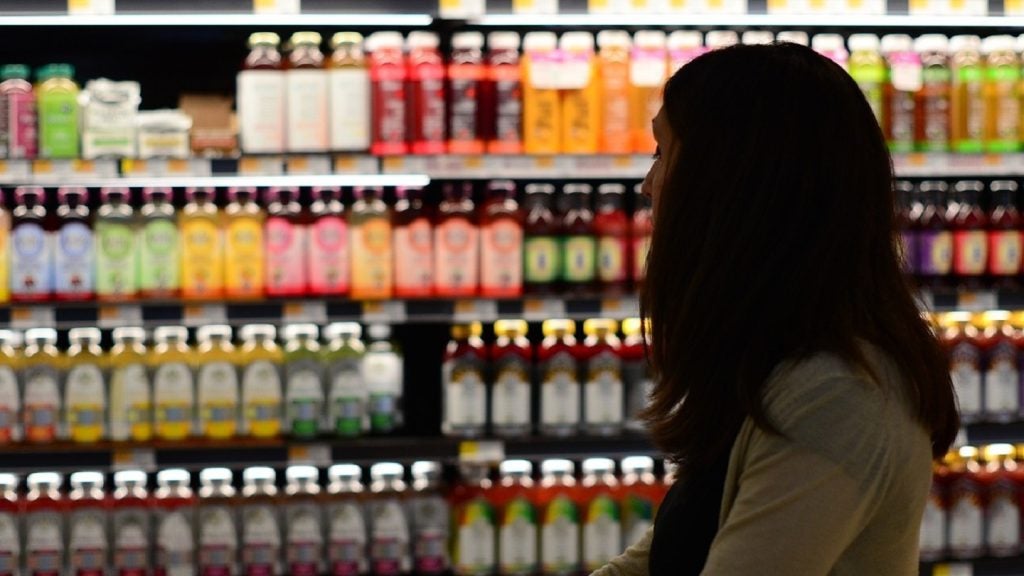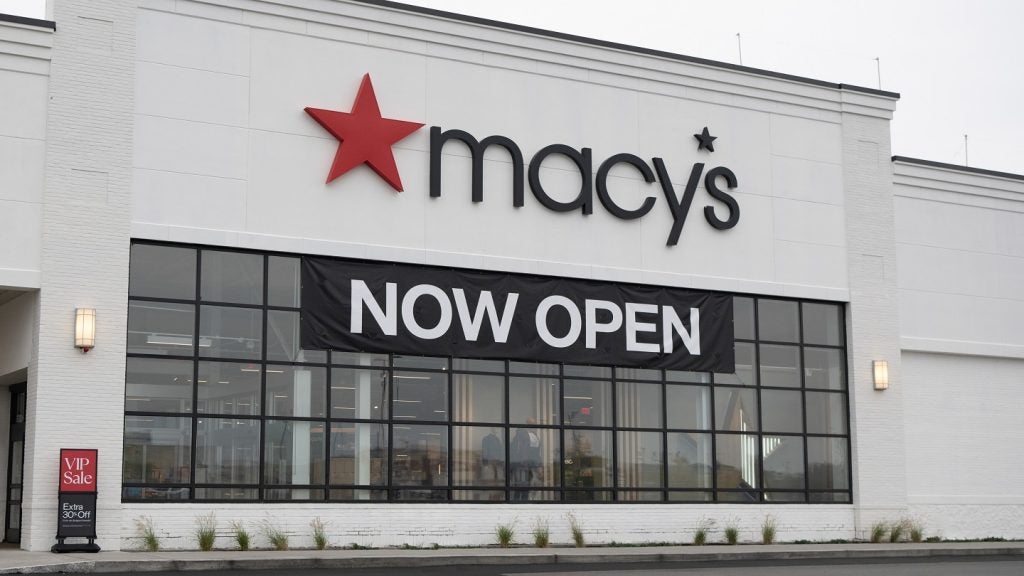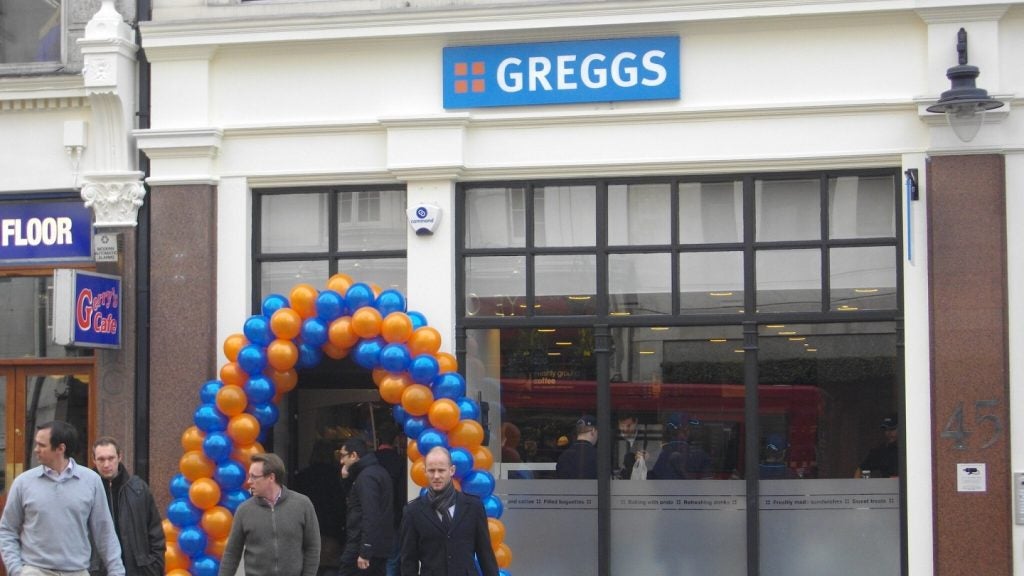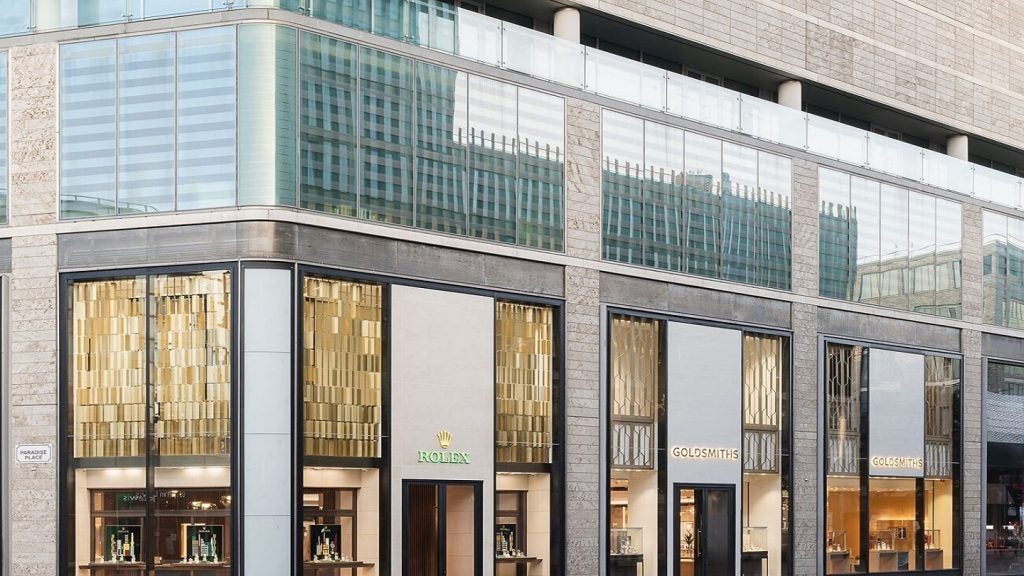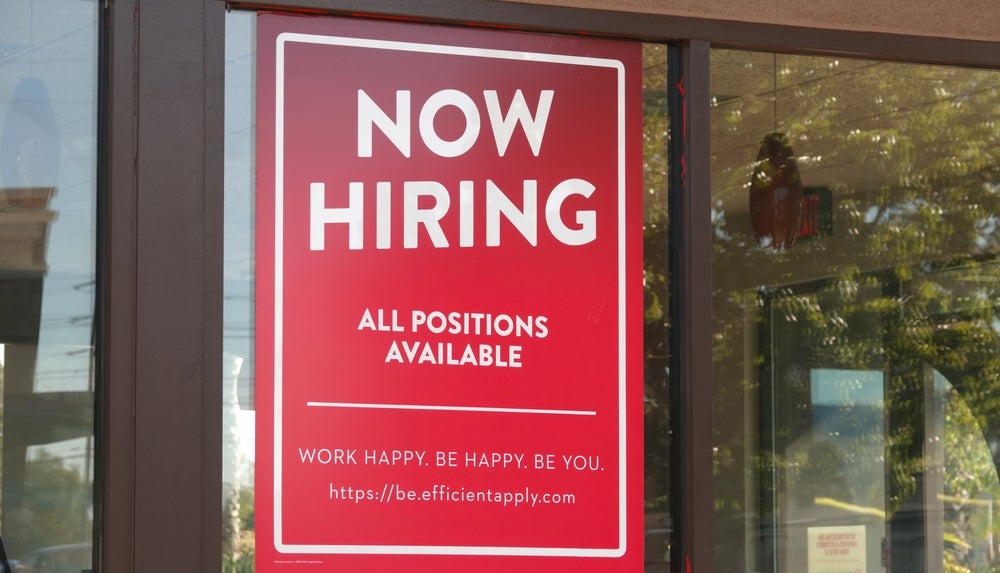Food inflation in the UK has slowed to 9.9% in September 2023, compared to 11.5% in August, according to data from the British Retail Consortium (BRC).
This is the fifth consecutive deceleration in the food category. The figure is below the three-month average rate of 11.4%.
Fresh food inflation further eased to 9.6% during the month from 11.6% in August. It is below the three-month average rate of 11.5%.
The BRC data also revealed that ambient food inflation decelerated to 10.4% in September, compared with 11.3% in August.
The inflation rate is below the three-month average rate of 11.2% and is the lowest since November 2022.
Non-food inflation also slowed to 4.4% from 4.7% in August.
BRC data also revealed that shop price annual inflation slowed further to 6.2% in the month, compared with 6.9% in August.
This figure is below the three-month average rate of 6.8%.
British Retail Consortium chief executive Helen Dickinson said: “Food prices dropped on the previous month for the first time in over two years because of fierce competition between retailers. This brought year-on-year food inflation down to single digits and contributed to the fifth consecutive monthly fall in the headline rate, helped by easing cost pressures.
“Customers who bought dairy, margarine, fish and vegetables – all typically own-brand lines – will have found lower prices compared to last month. Households also benefitted from price cuts for school uniforms and other back-to-school essentials.
“We expect Shop Price Inflation to continue to fall over the rest of the year, however there are still many risks to this trend – high interest rates, climbing oil prices, global shortages of sugar, as well as the supply chain disruption from the war in Ukraine.”
Last week, in its latest monthly Distributive Trades survey, the Confederation of British Industry (CBI) revealed that UK retail sales volumes in the year to September 2023 have fallen for a fifth consecutive month.


